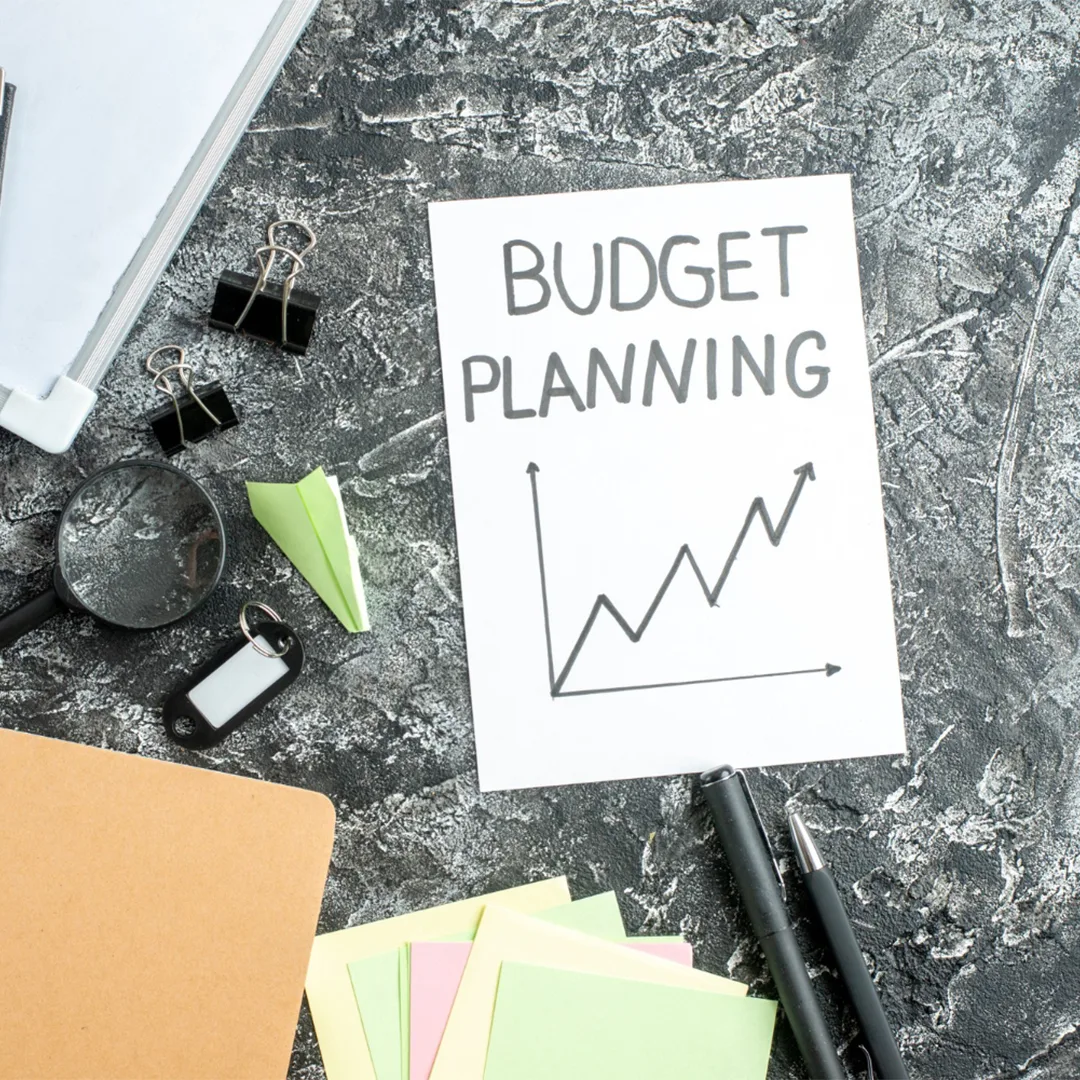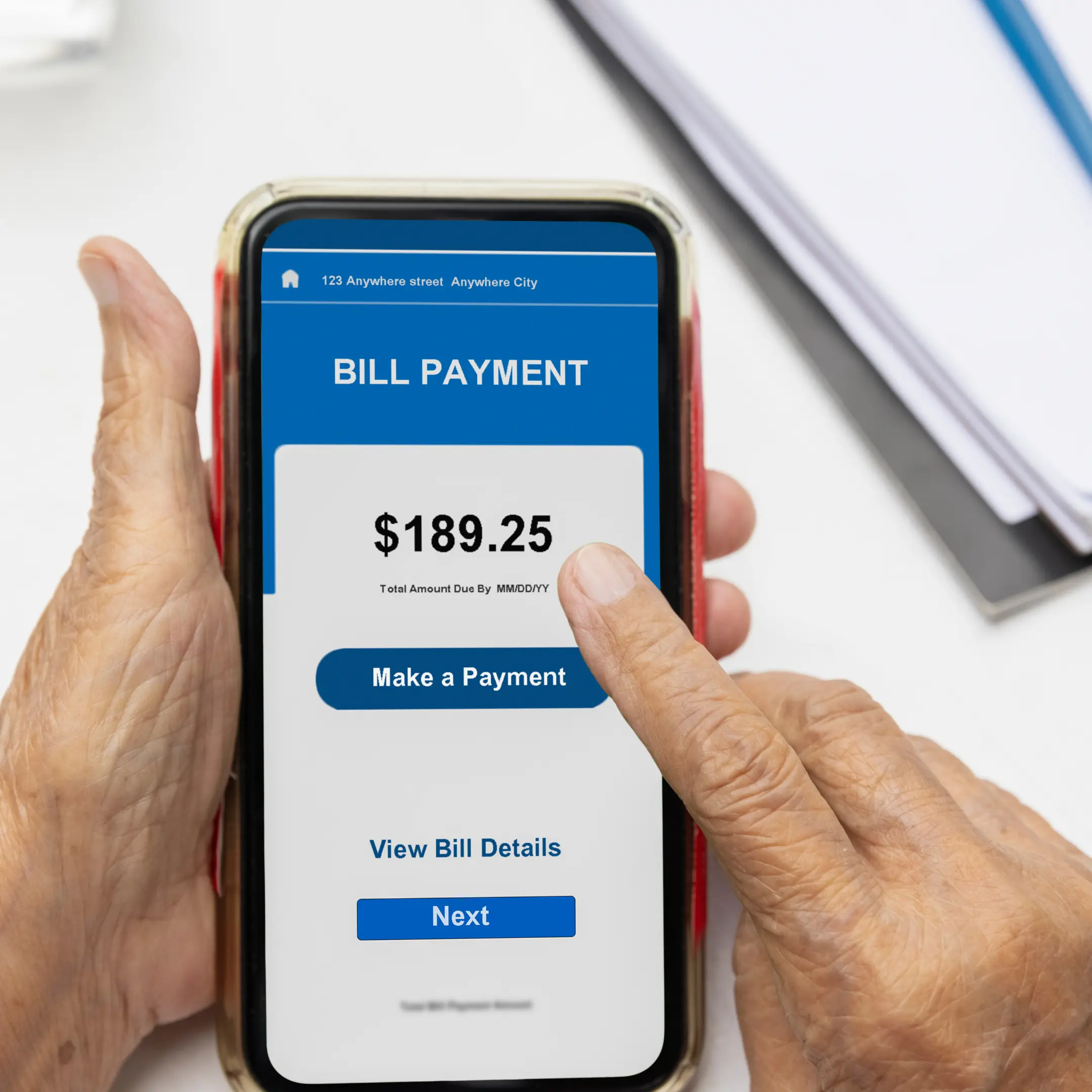
Seeking guidance and support through available resources can also be key. Many organizations, such as non-profits, government agencies, and financial institutions, offer free or low-cost financial counseling and educational resources. These services can provide tailored support in areas such as debt management, credit repair, and retirement planning.
Breaking cycles of financial pain is a process that requires patience, persistence, and education. However, by taking small steps and utilizing available tools and resources, it's possible to move towards a more secure financial future. Learning about the steps to success is a valuable investment in oneself and in one's financial health.
Here are 9 ways to make your budget more achievable:
1. Start by creating a realistic budget:
When creating a budget, be realistic about how much money you have coming in and going out each month. It's important to create a budget that fits your current financial situation to make it more achievable.


2. Prioritize your spending:
Make a list of your essential expenses like rent/mortgage, utilities, and groceries and prioritize them in your budget. This way, you can make sure that you're not spending too much on non-essentials.
3. Set financial goals:
Set achievable financial goals like paying off debt or saving up for a vacation. Having a clear financial goal will help you stay motivated and focused on your budget.


4. Use cash instead of credit cards:
Make a list of your essential expenses like rent/mortgage, utilities, and groceries and prioritize them in your budget. This way, you can make sure that you're not spending too much on non-essentials.
5. Track your spending:
Tracking your spending is a great way to keep an eye on your finances and make sure that you're sticking to your budget. Use an app or spreadsheet to track your expenses and adjust your budget as needed.


6. Look for ways to save money:
Take a look at your current expenses and see where you can cut back. You can try negotiating bills, finding cheaper alternatives to your usual products, or reducing your subscriptions.
7. Plan for irregular expenses:
Don't forget to include irregular expenses like car maintenance or annual insurance premiums in your budget. Try to budget for these expenses by setting aside money each month.


8. Automate your finances:
Setting up automatic bill payments and savings can help you stay on track and avoid late fees or missed payments.
9. Review and adjust your budget regularly:
Review your budget every few months to make sure that you're on track and adjust it if necessary. Life changes, and your budget should be able to adapt along the way.

